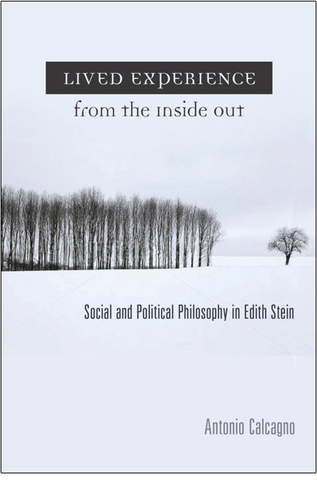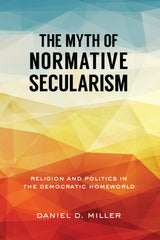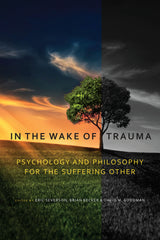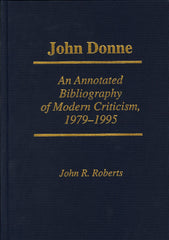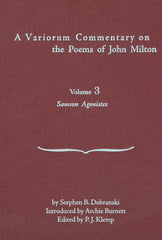Lived Experience from the Inside Out: Social and Political Philosophy in Edith Stein
Antonio Calcagno $25.00December 2014 | paper | ISBN 978-0-8207-0478-4
Winner of the 2015 Edward Goodwin Ballard Prize in Phenomenology
Review:
“Focuses on Edith Stein's philosophy works produced before she converted to Catholicism. An impressive work of seminal scholarship, Lived Experience From The Inside Out is highly recommended for academic library collections in general, and Edith Stein studies supplemental reading lists in particular.” — Library Bookwatch
“Concentrating on a relatively neglected area of study, Calcagno . . . systematically explores the role of empathy, relations between subjects, the lived experience of community and the state for the construction of supra-subjective realities. Calcagno does a thorough job of pointing out the internal coherence of Stein’s theory of social and political reality, starting from individual lived experience. Overall, this is an important contribution to Stein scholarship and, more broadly, to the phenomenology of social and political life. Recommended.” — Choice
“In this insightful, clearly written, and learned study, Antonio Calcagno focuses needed attention on Edith Stein’s three early phenomenological works. In a refreshing move, Calcagno treats them . . . as units of thought within a single unfolding argument, which builds from personal self-knowledge to consciousness of one’s self as a participant in social groups to political reflection on the state itself . . . . Calcagno thus achieves a revisionary understanding of Stein’s aim. . . .” — Review of Politics
“Calcagno’s delineation . . . of Stein’s partisan departures from a pure phenomenology of the state is a major strength of this remarkable book, which provides a compelling analysis of Stein’s social and political phenomenology.” —Review of Politics
“Calcagno is a deeply communal scholar. He brings the whole of Stein’s thought into his engagement with each part. He highlights the groups with which Stein worked. He draws the international contemporary scholarly community into his reflection. His voice is more powerful and inspirational for the rich social and interpersonal tones with which he speaks. These features of Calcagno’s own scholarly approach fit well with the topic that he has chosen for this book: Stein’s social and political thought in her early phenomenological writings.” — International Philosophical Quarterly
“The detail and care with which Calcagno presents the distinctive features of Stein’s pre- versus post-conversion work (as well as acknowledging the unity of her work) is a tremendous gift to the scholarly community.” — International Philosophical Quarterly
“After the initial chapter providing an overview of what is meant by Stein’s early work, Calcagno dedicates a chapter to each of Stein’s major phenomenological texts. He unifies the whole analysis around the theme of experience lived ‘from the inside out.’ Metaphors — especially spatializing ones — can be philosophically problematic, but Calcagno makes great use of this particular metaphor to unify the diverse works marking this period in Stein’s writings.” — International Philosophical Quarterly
“Calcagno has certainly given us a work that will be required reading for any scholarship on Stein’s early texts as well as for any significant engagement with theories of empathy and intersubjectivity.” — International Philosophical Quarterly
“A thorough examination of the problem of sociality in Stein’s early work, which clearly shows the relevance of such work for current debate. . . . A very important resource for anyone who, first, is interested in the developments and the unity of Stein’s pre-conversion work on social philosophy and, secondly, is interested to reassess in detail the relevance of this work for contemporary questions.” — Human Studies
Book Information:
While most works devoted to Edith Stein’s philosophical legacy focus on her later, more explicitly Christian works, including Finite and Eternal Being, this comprehensive account offers readers a look into the early social and political philosophy of Stein before her conversion to Catholicism. During this period, Stein produced a significant body of philosophical work drawing on advancements in phenomenology, psychology, philosophy of mind, and sociology. As Antonio Calcagno demonstrates, this leads to a rich account of society, community, and the state through Stein’s analysis of certain states of mind, psychology, and a defense of a law-centered state community.
Lived Experience from the Inside Out: Social and Political Philosophy in Edith Stein examines, in particular, three significant works written while Stein was working with Edmund Husserl as both a student and collaborator: The Problem of Empathy, Philosophy of Psychology and the Humanities, and An Investigation Concerning the State. These texts provide rich sources of social and political insight, with Stein’s particular focus on individual consciousness as the entry point: how we understand and live, always from our own interiorities, the phenomenal experiences of self, others, the masses, society, community, and the state.
While we can never completely transcend our own egos to experience others’ realities, Stein asserts that we share with others a common essence in that we are all human persons. Taking our lived experience from our interior lives to the outside world, then, confirms this shared essence as we exist in social relations, and those relations can be explored from overarching perspectives, including sociology, psychology, geography, economics, and the like. But Stein also notes that these relations can be explored from the perspective of our own lived experience, how we live and experience such phenomena. These social and political realities must have meaning for us, in our own interior lives. As Calcagno makes clear, it is at this level of sense that Stein’s unique contribution is most profound.
Author Information:
Antonio Calcagno is associate professor of philosophy at King’s University College at the University of Western Ontario, where he has been named to the Dean’s Honor Roll of Teaching Excellence four years in a row. He is the author of Badiou and Derrida: Politics, Events and Their Time; The Philosophy of Edith Stein; and Giordano Bruno and the Logic of Coincidence: Unity and Multiplicity in the Philosophical Thought of Giordano Bruno.

